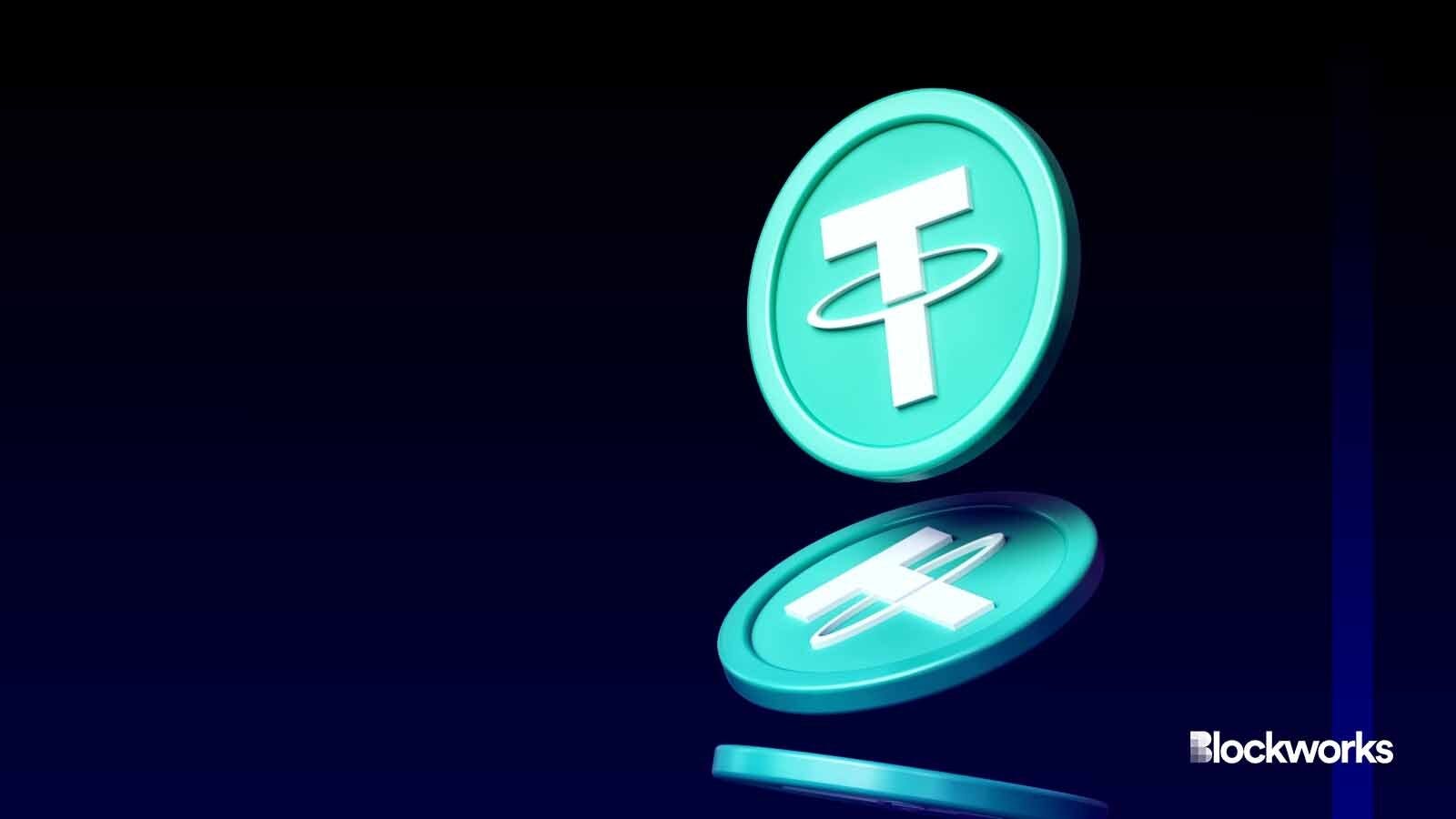Tether made nearly $1B in monthly profit during Q4
Roughly two-thirds of the net profit was due to appreciation of the stablecoin issuer’s gold and bitcoin reserves

dRender/Shutterstock modified by Blockworks
Tether’s net profits during the fourth quarter hit an all-time high, the company said Wednesday.
The stablecoin issuer’s net profits amounted to $2.85 billion over the three-month span, according to an attestation report by auditing firm BDO. The quarterly mark accounted for nearly half of Tether’s $6.2 billion in net profits seen throughout 2023.
The fourth quarter gains included roughly $1 billion in net operating profits mainly from US Treasurys interests, Tether said. The company also benefited from the appreciation of its gold and bitcoin reserves, as the latter asset rose by about 50% during the fourth quarter ahead of the first US spot bitcoin ETFs launching.
Tether’s token, USDT, is intended to maintain a value of $1 and can be redeemed for US dollars at any time.
The company held about $97 billion in assets and $91.6 billion in liabilities, as of Dec. 31 — reflecting $5.4 billion of excess reserves.
USDT’s market capitalization stood at nearly $96.3 billion on Wednesday morning, behind only bitcoin and ether. Aside from bitcoin (BTC) and ether (ETH), the only crypto assets to ever hit the $100 billion level are XRP and binance coin (BNB).
Read more: Tether prints $10B in 3 months, nears exclusive $100B crypto club
Tether dominates the stablecoin space, with USDC being a distant second with a market capitalization of about $26.8 billion.
The stablecoin issuer had $4.8 billion in outstanding secured loans at the end of 2023, which Tether says are “collateralized by highly liquid assets.” Its exposure to US Treasurys stood at $80.3 billion, or about 83% of its total assets, at the end of 2023.
Tether stated in a December 2022 blog post that it would “reduce secured loans in Tether’s reserves to zero” throughout 2023.
Read more: Tether’s return to lending a ‘step backwards’ but unlikely to hurt USDT: Research exec
“While such secured loans are widely overcollateralized, Tether accumulated enough excess reserves to cover the entirety of the exposure,” the company said in a Wednesday post. “This is in response to the community’s past expressed concerns about this part of the portfolio.”
Get the news in your inbox. Explore Blockworks newsletters:
- The Breakdown: Decoding crypto and the markets. Daily.
- 0xResearch: Alpha in your inbox. Think like an analyst.






